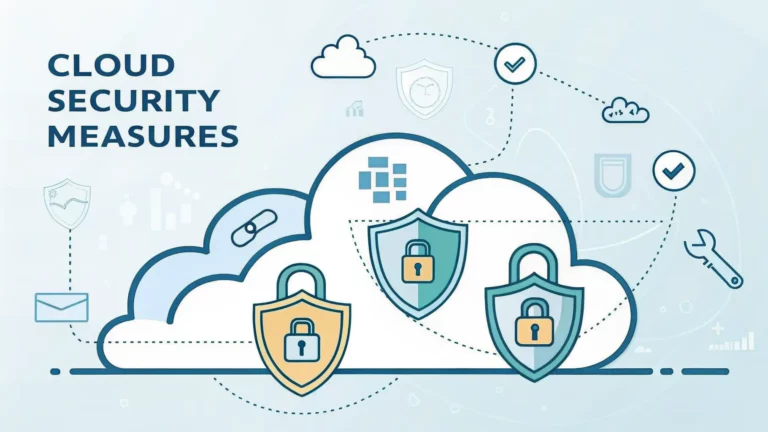Cloud computing has revolutionized how businesses operate, but it also introduces new and complex information risks. Proactive strategies are crucial for mitigating these risks and ensuring data security. Organizations must adapt their risk management frameworks to address the unique challenges of cloud environments. This includes implementing robust access controls and data encryption protocols. A key aspect of proactive risk management is the identification of potential vulnerabilities. Regular security assessments and penetration testing are essential to uncover weaknesses before they can be exploited. This proactive approach allows organizations to address vulnerabilities before they escalate into significant security breaches. Furthermore, continuous monitoring of cloud environments is critical to detect and respond to emerging threats. Implementing robust security measures is paramount. This includes multi-factor authentication, regular software updates, and strong password policies. These measures significantly reduce the likelihood of unauthorized access and data breaches. Additionally, organizations should establish clear incident response plans to effectively manage and mitigate any security incidents that may occur.
Why MFA Isn’t Enough: Strengthening Application Authentication
In today’s cybersecurity landscape, Multi-Factor Authentication (MFA) is widely recommended as a critical layer of




